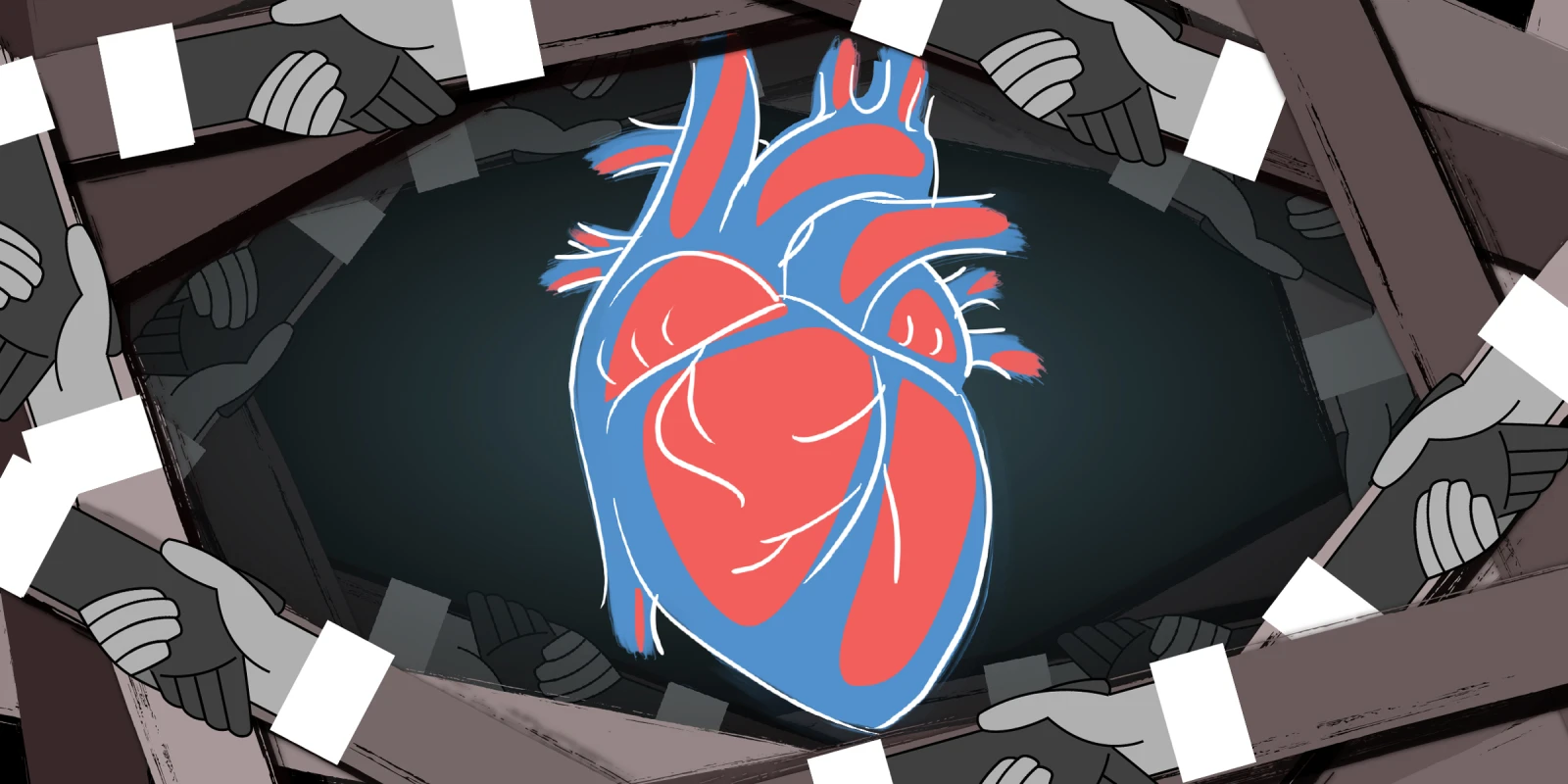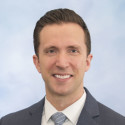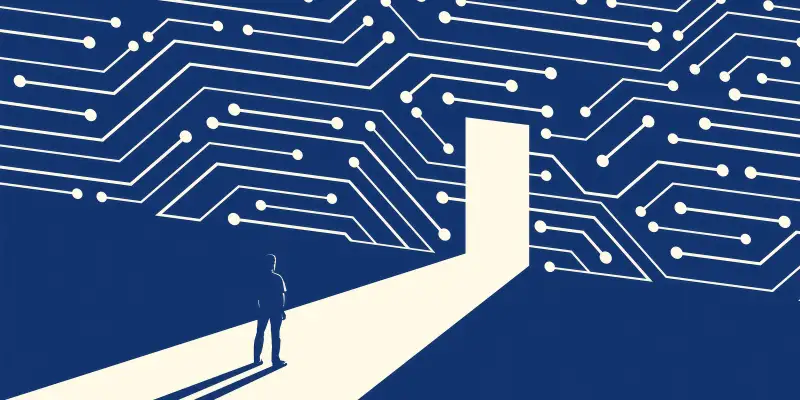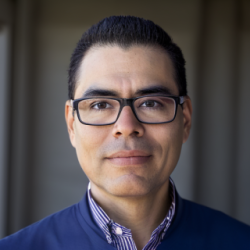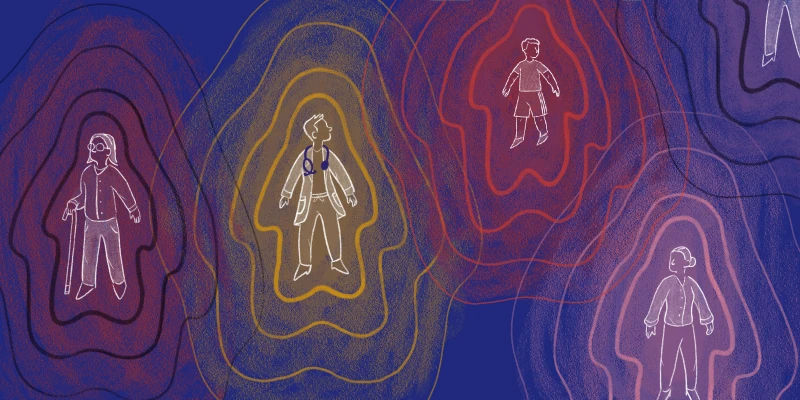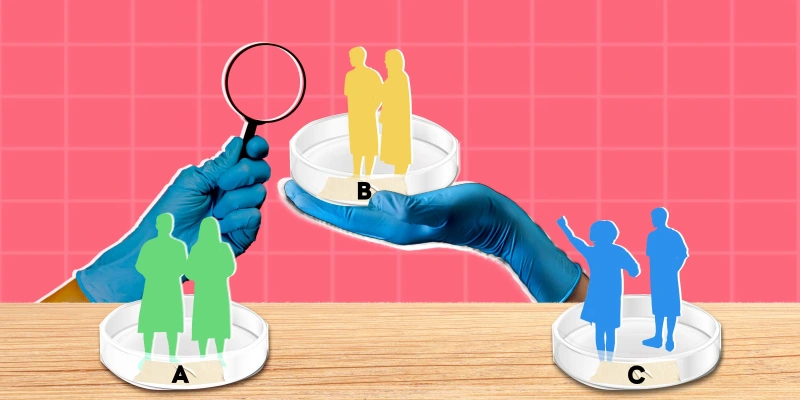A terrific SCAI Scientific Sessions comes to a close in Phoenix, AZ, bringing together colleagues from across the world to another important in-person conference. It was clear that the organizers did not miss a beat, with an array innovative topics and expert speakers. The Congenital Heart Disease program was a prime example of how this forum amalgamates original approaches and techniques within a group that challenges itself to continue to advance the field. With the leadership of Congenital Heart Disease Program Chair, Dr. Aimee Armstrong, the field’s congenital interventional cardiologists centered their discussions on “Tools of the Trade” at this year’s sessions.
Spearheading this theme was the dynamic topic of transcatheter pulmonary valve implantation, which brings with it a series of evolving questions and dilemmas. Experts shared technical tips for success and the challenges involved with the lifelong care of these patients, culminating in live TPVI cases on Day 2. The newest and premiere self-expanding transcatheter pulmonary valve technologies were discussed, as were the questions we are all asking ourselves before, during, and after implantation. Importantly, this session included a debate amongst two of our electrophysiology colleagues, who commented on the controversial question of whether these patients should routinely receive pre-TPVI electrophysiologic studies and ablations due to the potential for both post-TPVI arrhythmias and possibly compromised access to the RVOT by self-expanding valve frames. This collaborative session provided the setting for ongoing discussion of this contentious predicament that the field is working diligently to better understand and find equipose in its treatment.
The joint session between the Congenital Heart Disease and Structural Heart Disease programs was the perfect example of how collaboration through the SCAI network can be so valuable. In this session on tricuspid valve interventions, experts from both fields shared their experiences of advanced imaging techniques, innovative approaches to tricuspid valve interventions, and emerging technologies that will surely revolutionize how we treat the tricuspid valve in the near future. This session emphasized the benefits of shared knowledge amongst two fields with important overlap in expertise.
As always, the field continues to branch into other dilemmas seen in our patient population and learn from each others triumphs and complications. The “I Nailed It” session gave SCAI members the opportunity to share their experiences with percutaneous thrombectomy technologies. This budding market that strives to create tools that provide more effective thrombectomy, lesser blood loss, and a larger range of catheter sizes stimulated an educational conversation on how to utilize available equipment in a variety of situations. Similarly, on the 25th anniversary of the “I Blew It” session, four select cases were presented from past years and demonstrated the misadventures and successes of even the most experienced of operators. While always an entertaining session for the attendees, there are inevitably invaluable lessons carried away by both novice and senior operators.
While education is key, there is no greater moment than when a legend of the field receives a standing ovation from his peers. This is how the Mullins Lecture ended for Dr. Tom Jones, who spoke of the impressive evolution of technologies within our field. He described early innovations in what we consider now to be simple devices, but were one day revolutionary to congenital cardiac catheterization. He spoke of the courage of past generations and the determination of several pioneers to drive the field forward to one that is quickly taking what were once either morbid or purely surgical conditions and creating groundbreaking transcatheter solutions. Dr. Jones epitomizes the essence of innovation and for decades has pushed the boundaries that we often take for granted in the practice of congenital interventional cardiology today.
Finally, these sessions provided the opportunity to recognize both the early career and senior member contributions to interventional cardiology. The CHD Program included several superb abstract presentations by trainees and SCAI leadership organized an exciting award ceremony to induct new FSCAI members, recognize senior interventional cardiologists with the respected MSCAI designation, and honor early career interventional cardiologists with research grants, the JSCAI Editorial Fellows program, and the first iteration of the “30 in their 30s” award. The SCAI Scientific Sessions are a culmination of a year of diligent work by many individuals, committees, and councils. Each subspeciality program and session is a representation of how our field is evolving and how collaboration and dialogue are at the forefront of that process. I look forward to seeing how this year’s sessions stimulate future growth within our field and provide a springboard for next year’s sessions in Long Beach, CA.
Are you interested in writing about your experience attending a medical conference this year? Respond here.
Dr. Salavitabar has no conflicts of interest to report.
Illustration by April Brust
